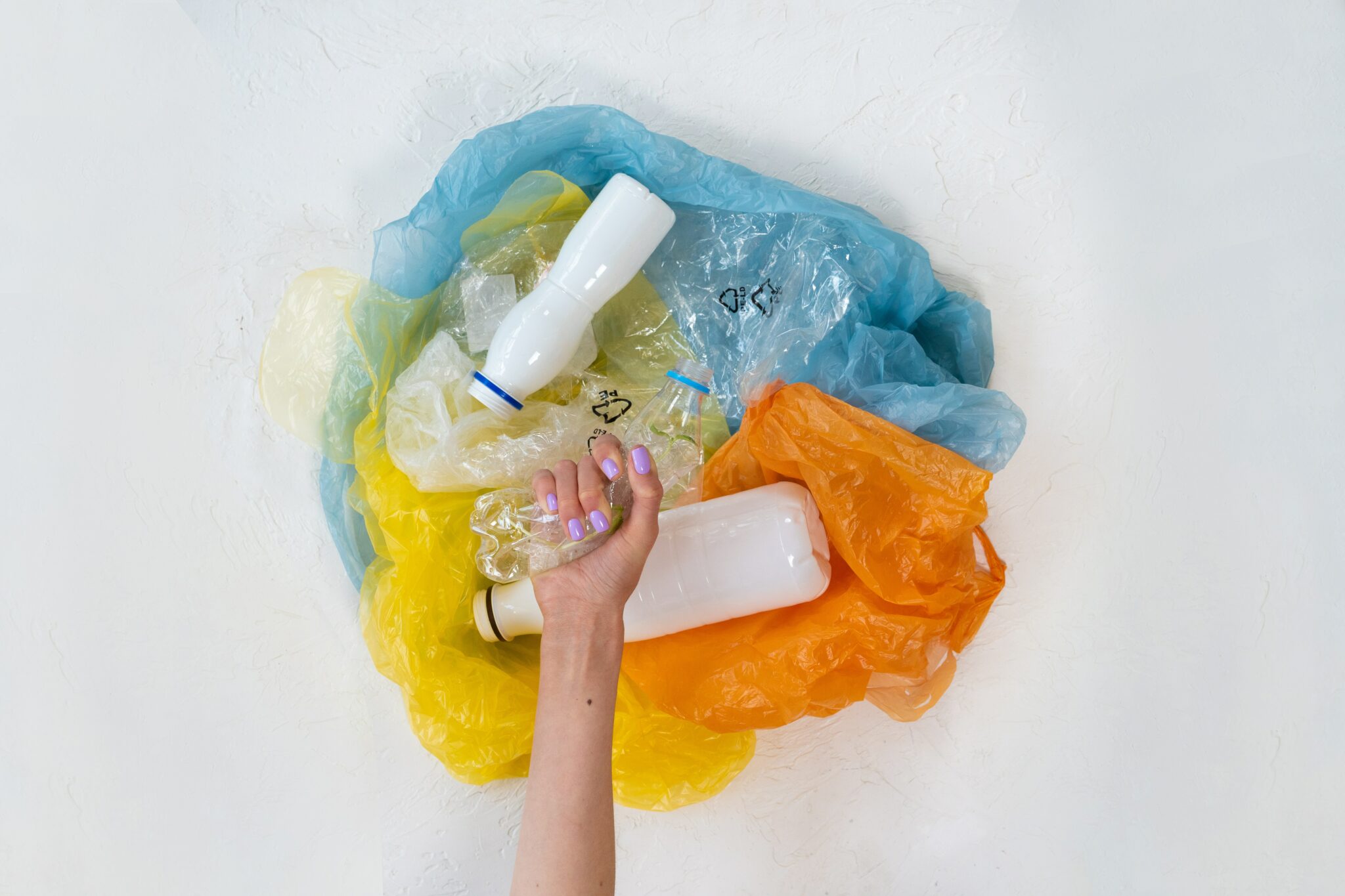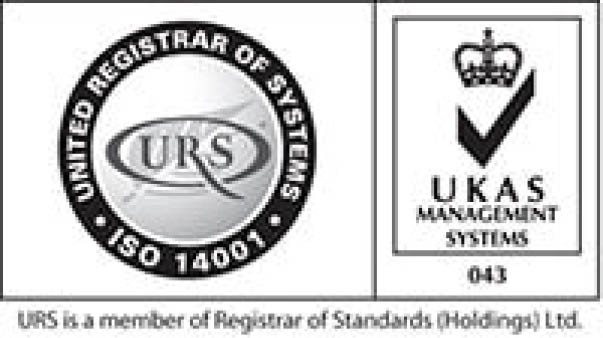In a zero carbon, more sustainable future, we will need to be less reliant on extracting petroleum from the ground and processing it into plastics. Yet on the other hand, plastics are incredibly versatile and useful. Could bioplastics be the answer?
Plastics are part and parcel of modern life. They protect products from contamination or damage and are a convenient way to store and preserve food, drink, medicines and consumer goods. A future without using plastics seems unimaginable. So, there will always be plastic waste to manage.
Bioplastics are seen by some as a viable alternative to petroleum-derived plastic. So what is a bioplastic? The key difference is that rather than being made from processed crude oil, bioplastics are made from plant-based materials such as maize, sugar cane or food waste.
What’s the Problem With Bioplastics?
While there’s less reliance on petrochemicals, there are a few issues. Probably the most fundamental question is whether devoting arable land to grow crops that will be made into plastic rather than being eaten is the right thing to do.
Leaving that to one side, bioplastics are becoming a fact of life. They’re also a bit of a problem for the waste handling industry that aims to maximize recycling rates and avoid sending waste to landfill.
The term ‘bioplastic’ covers a variety of materials with different properties. Only some types of bioplastic are recyclable. And those that are must be managed in separate streams from conventional petroleum-derived plastics. You might also assume that bioplastics are biodegradable – In fact, only about 50% are.
If waste bioplastics aren’t segregated at source it’s extremely difficult and expensive to separate them when they’re mixed with other waste plastics. Plastic waste that can’t be segregated economically is destined for either energy from waste or even landfill.
Saying that you use 100% bioplastics doesn’t automatically mean you have a more sustainable solution. To make that claim, you’d also need to specify which bioplastics you use and ensure they are routed into a dedicated recycling, composting or energy from waste process after use.
As ever, there isn’t a single, simple solution and we have to stay focused on the waste hierarchy that prioritises ‘reduce’ and ‘reuse’, with recycling as the fall-back.
Wellington Waste will be happy to advise. Contact 01823 664628 or email enquiries@wellingtonwaste.co.uk.

